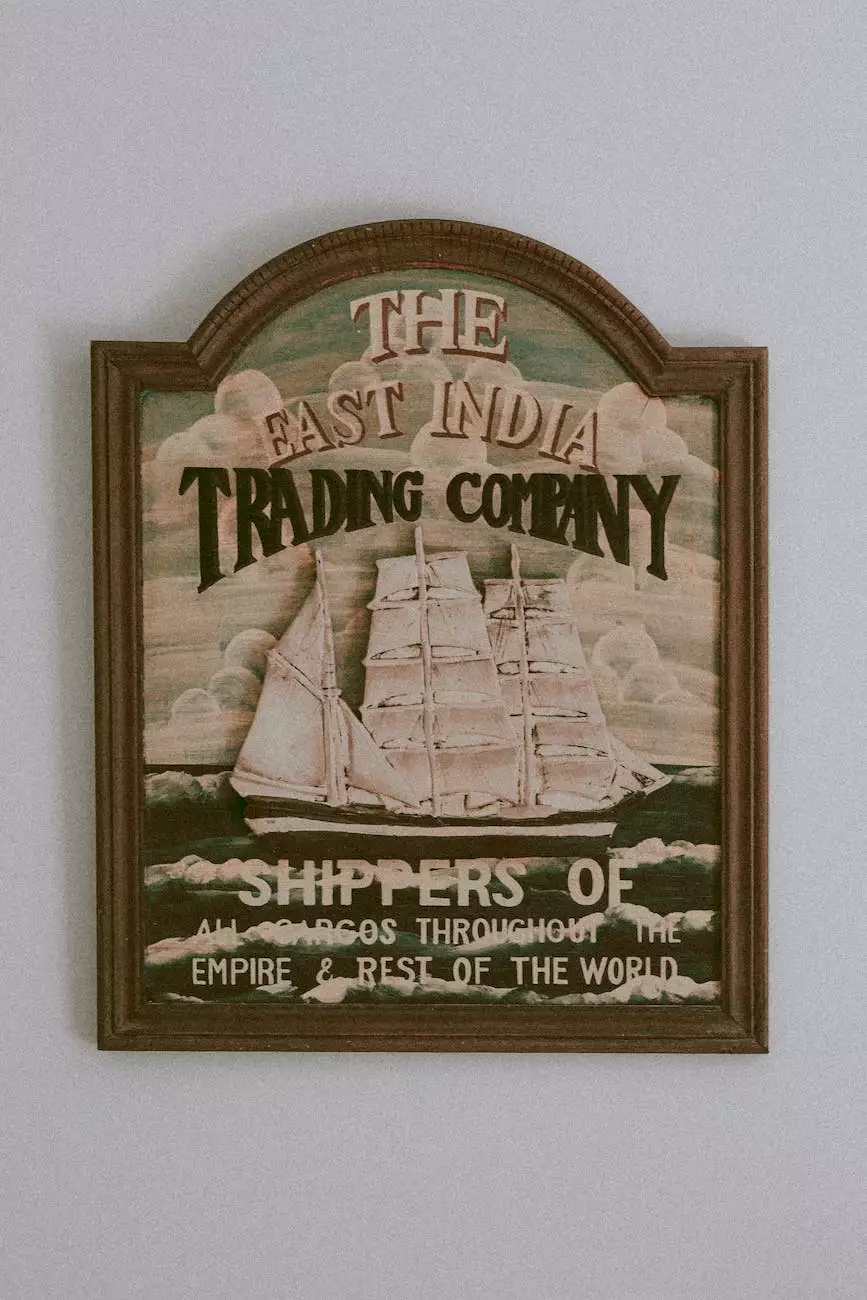92: Marketing Teams Switching to Agile (ft. Andrea Fryrear)

In the competitive world of digital marketing, staying ahead of the game is crucial. One method that has been gaining popularity among marketing teams is the adoption of Agile methodologies. Agile, originally developed for software development, is now being successfully applied in the marketing landscape.
What is Agile Marketing?
Agile marketing is an iterative approach to managing marketing projects, campaigns, and strategies. It embraces flexibility, collaboration, and data-driven decision-making. By breaking down large marketing initiatives into smaller, manageable tasks, Agile marketing enables teams to adapt quickly to changing market conditions and customer demands.
The Benefits of Agile Marketing
When marketing teams switch to Agile, they experience a wide range of benefits that help them deliver better results for their clients or businesses. Let's explore some of the key advantages:
1. Enhanced Collaboration
Agile marketing encourages cross-functional collaboration, bringing together team members from various departments like strategy, content creation, design, and analytics. By breaking down silos and promoting open communication, Agile marketing facilitates the exchange of ideas and ensures everyone is aligned towards common goals.
2. Increased Flexibility
Traditional marketing approaches rely on rigid plans that can be cumbersome to adjust if unforeseen circumstances occur. In contrast, Agile marketing embraces change and allows teams to adapt their strategies based on real-time feedback and market insights. This flexibility enables marketers to seize emerging opportunities and stay one step ahead of their competitors.
3. Rapid Iteration and Continuous Improvement
Agile marketing emphasizes iterative cycles, where campaigns are continuously tested, measured, and improved. This iterative approach enables teams to identify what strategies work best and make data-driven adjustments along the way. By incorporating feedback loops into their processes, marketing teams can optimize their efforts and achieve better performance over time.
4. Better Time Management
With Agile marketing, projects are broken down into smaller tasks with specific deadlines. This structure allows teams to prioritize work effectively, focus on high-impact activities, and ensure timely delivery. By managing time more efficiently, marketing teams can improve productivity and achieve their goals within the desired timeframe.
5. Improved Customer Satisfaction
Agile marketing is centered around customer-centricity and delivering value to customers. By continuously analyzing customer data and feedback, teams can understand their audience better and tailor their campaigns to meet their needs. This customer-focused approach results in improved customer satisfaction and loyalty, ultimately leading to business growth.
Expert Insights from Andrea Fryrear
We had the privilege to interview Agile marketing expert Andrea Fryrear, who shared valuable insights on how marketing teams can successfully embrace Agile methodologies. With years of experience implementing Agile in marketing, Andrea is a recognized thought leader in this field.
1. The Importance of Mindset Shift
According to Andrea, one of the key factors for a successful transition to Agile marketing is the mindset shift. Marketing teams need to move away from traditional linear thinking and embrace a more iterative and adaptive mindset. This involves embracing failure as an opportunity to learn and iterating on ideas based on real-world feedback.
2. Embracing Cross-Functional Collaboration
Andrea highlights the significance of cross-functional collaboration in Agile marketing. By breaking down departmental silos, teams can leverage diverse skill sets and perspectives, foster creativity, and create better marketing outcomes.
3. Data-Driven Decision Making
Agile marketing relies heavily on data-driven decision-making. Andrea advises marketing teams to establish measurable goals, use key performance indicators (KPIs) to track progress, and leverage data analytics to gain insights and make informed decisions.
4. Continuous Learning and Improvement
Lastly, Andrea emphasizes the importance of a culture of continuous learning and improvement within Agile marketing teams. By fostering a growth mindset and encouraging experimentation, teams can continuously optimize their strategies and adapt to changing market conditions.
Conclusion
In the dynamic world of marketing, Agile methodologies offer a transformative approach for teams aiming to deliver exceptional results. The benefits of Agile marketing, including enhanced collaboration, increased flexibility, rapid iteration, and customer-centricity, make it an attractive method for businesses and marketing professionals.
By switching to Agile, marketing teams can navigate the ever-changing digital landscape with agility, deliver superior campaigns, and stay ahead of their competition. Implementing Agile methodologies can be challenging, but with expert guidance like that of Andrea Fryrear, marketers can embrace the transition and unlock the full potential of Agile marketing.









